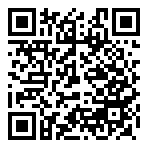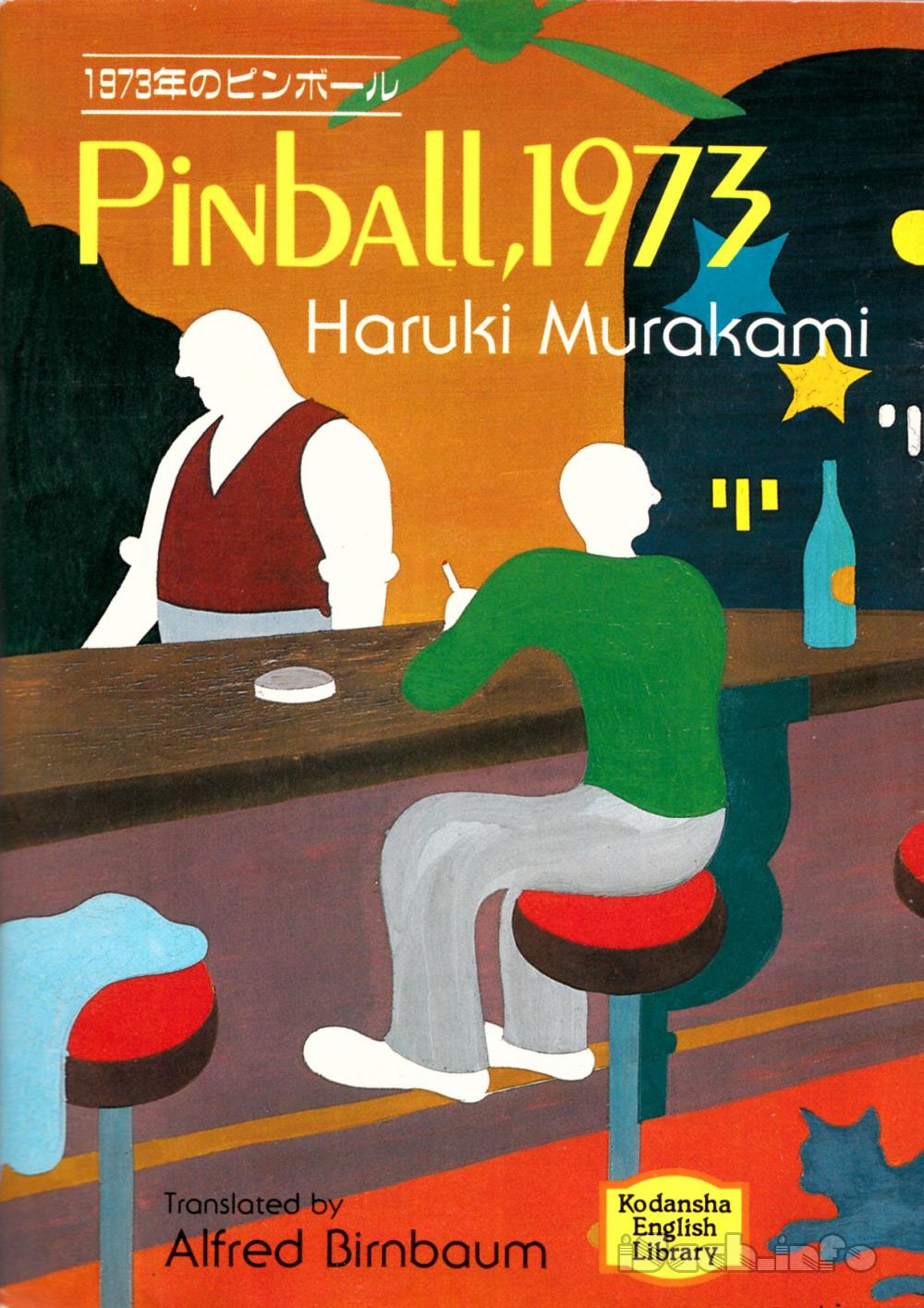On The Origins Of Pinball
F
irst of all, we’ll need to know the name of one Raymond Maloney. It seems that there used to be someone by that name, but he has since died. That’s about all there is to know about his life. Which is to say that nobody knows him from nothing. Not any more than they know a water spider at the bottom of a well.To be sure, it’s a historical fact that by this man’s very hands the first prototype of the pinball machine was brought unto this realm of defilement in 1934 from out of the great, golden cloud of technology. Which is again the very year that, across that giant puddle called the Atlantic, one Adolf Hitler was getting his hands on the first rung of the Weimar ladder.
Raymond Maloney’s life story has none of the mythic color of the Wright Brothers or Alexander Graham Bell. No heartwarming episodes of youth, nor any dramatic “Eureka!” Only scant mention of his name on page one of a strange tome written for a scant handful of curious readers. A reference which may be summed up: in 1934, Raymond Maloney invented the first pinball machine. Not even a photograph with it. Needless to say, we find neither portrait nor statue to his memory.
Now you’re probably thinking, had this Maloney never existed, the history of the pinball machine would have been entirely different from what it is today. Or worse, it might well not have come into existence at all. And hence, might not our hasty underestimation of this Maloney amount to the height of ingratitude? Yet if we had occasion to personally examine that very first prototype “Ballyhoo” created by Maloney’s own hands, all such thoughts would surely vanish. For there we’d find not one single element to stir our imagination.
The progress of the pinball machine and of Hitler exhibit certain similarities. Both have dubious beginnings, coming on the scene as mere bubbles on the froth of the times; it is through their evolutionary speed rather than any physical stature per se that they acquire their mythic aura. And of course, that evolution came riding in on three wheels: to wit, technology, capital investment, and last but not least, people’s basic desires.
With devastating speed people kept providing the singularly undistinguished protean machine with ever-newer capabilities. Someone proclaimed, “Let there be lights!” Someone else shouted, “Let there be electricity!” Still another shouted, “Let there be flippers!” And so there came to be lights illuminating the field, electricity to deflect balls magnetically, two flipper arms to whip them back into play.
Scoring came to numerically convert players’ proficiency by a factor of ten, while tilt lamps guarded against rough handling and rocking of the machine. Next came the metaphysical concept of sequencing, which led to such variations as the Bonus Light, Extra Ball, and Replay schools. Actually by this time, pinball machines had come to possess a magical fascination.
o O o
This is a novel about pinball.
o O o
The introduction to Bonus Light, that exegesis of pinball, has this to say:
There is precious little you can gain from a pinball machine. Only some lights that convert to a score count. On the other hand, there is a great deal to lose. All the coppers you’d ever need to erect statues of every president in history (provided, of course, you thought well enough to erect a statue of Richard M. Nixon), not to mention a lot of valuable and nonreturnable time.
While you’re playing yourself out in lonesome dissipation in front of a pinball machine, someone else might be reading through Proust. Still another might be engaged in heavy petting with a girlfriend at a drive-in theater showing of Paths of Courage. The one could well become a writer, witness to the age; the others, a happily married couple.
Pinball machines, however, won’t lead you anywhere. Just the replay light. Replay, replay, replay.... So persistently you’d swear a game of pinball aspired to perpetuity.
We ourselves will never know much of perpetuity. But we can get a faint inkling of what it’s like.
The object of pinball lies not in self-expression, but in self-revolt. Not in the expansion of the ego, but in its compression. Not in extractive analysis, but in inclusive subsumption.
So if it’s self-expression or ego-expansion or analysis you’re after, you’ll only be subjected to the merciless retaliation of the tilt lamps.
Have a nice game.



 ePub
ePub A4
A4